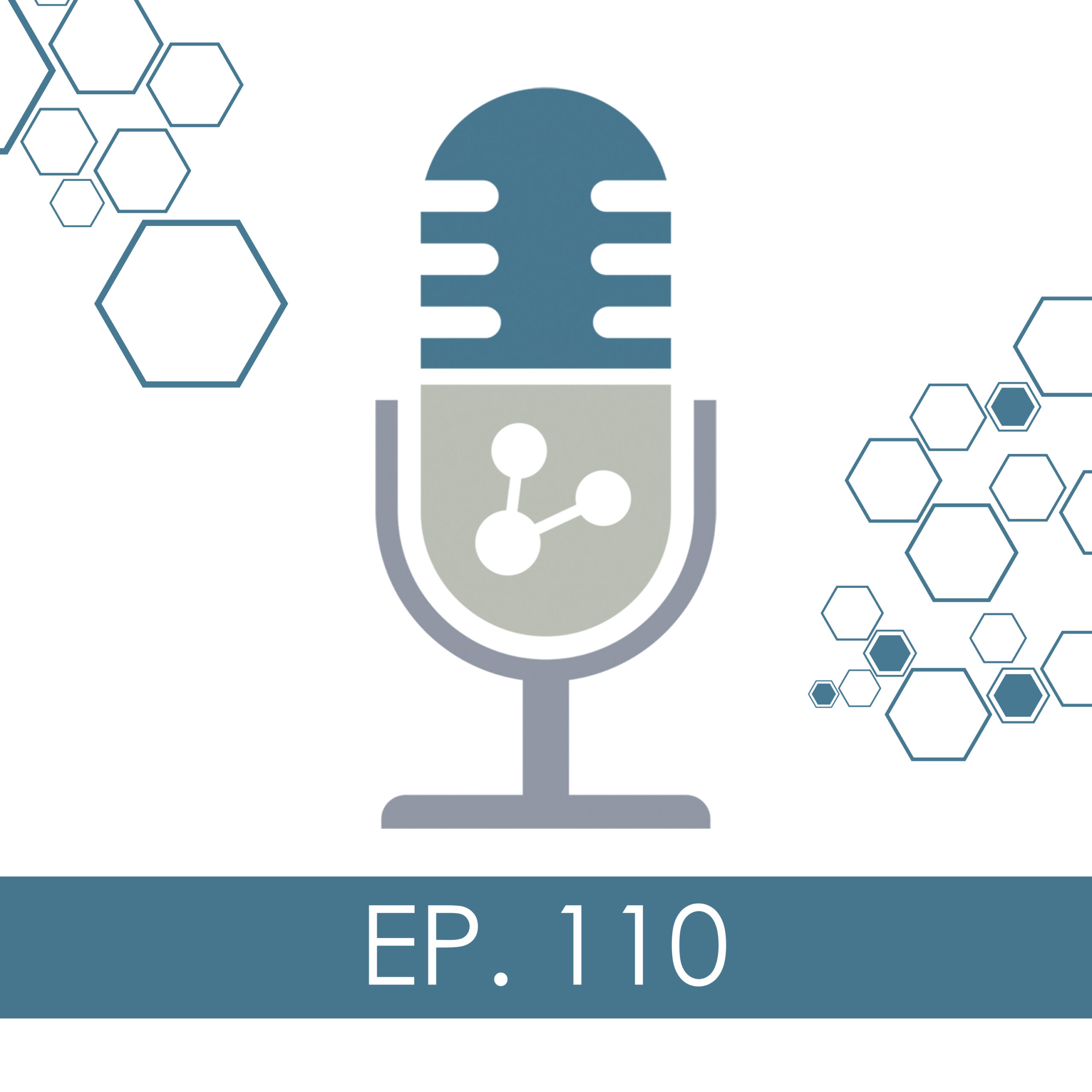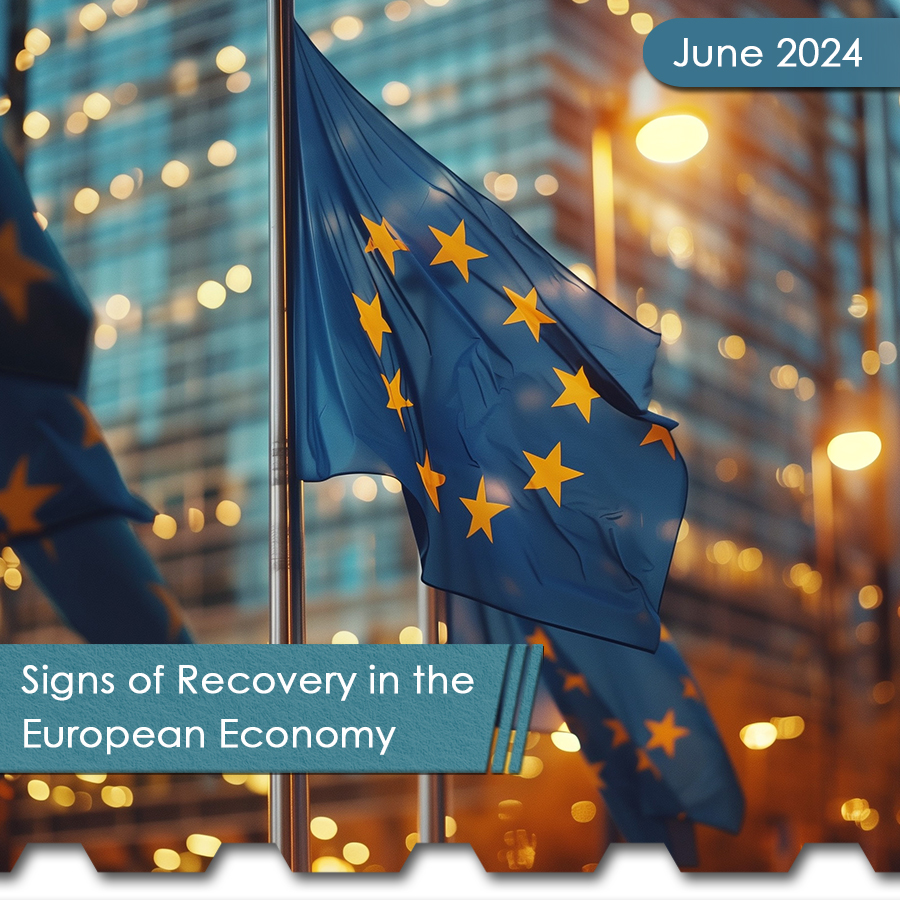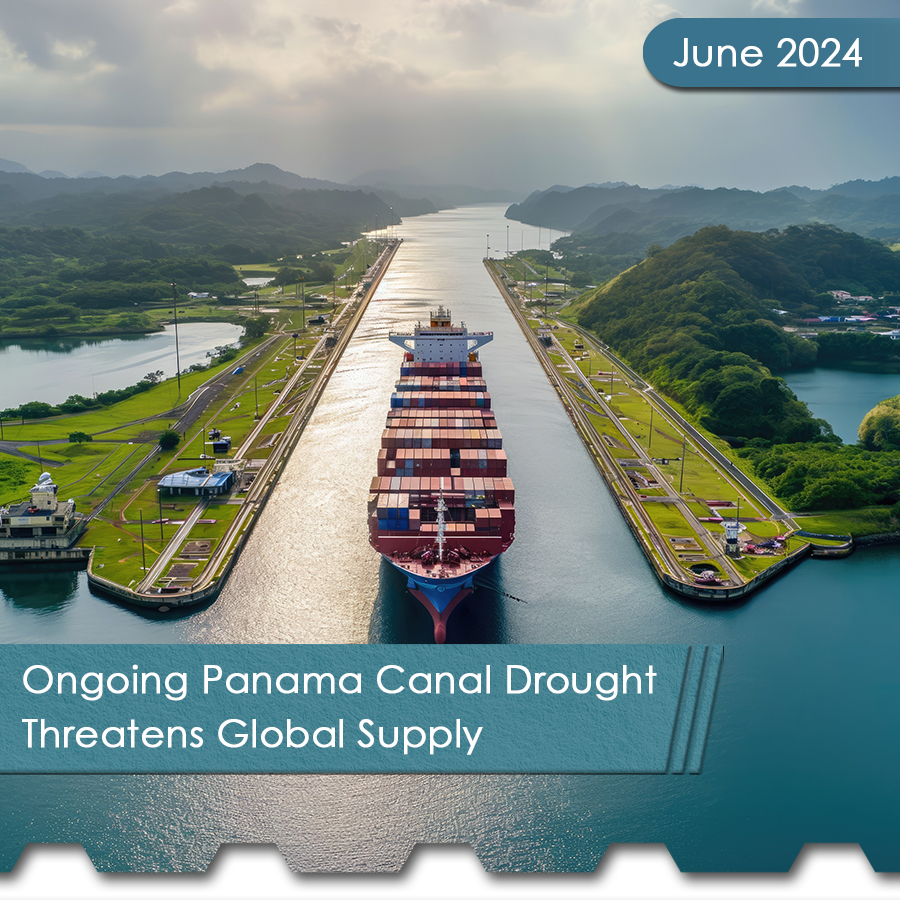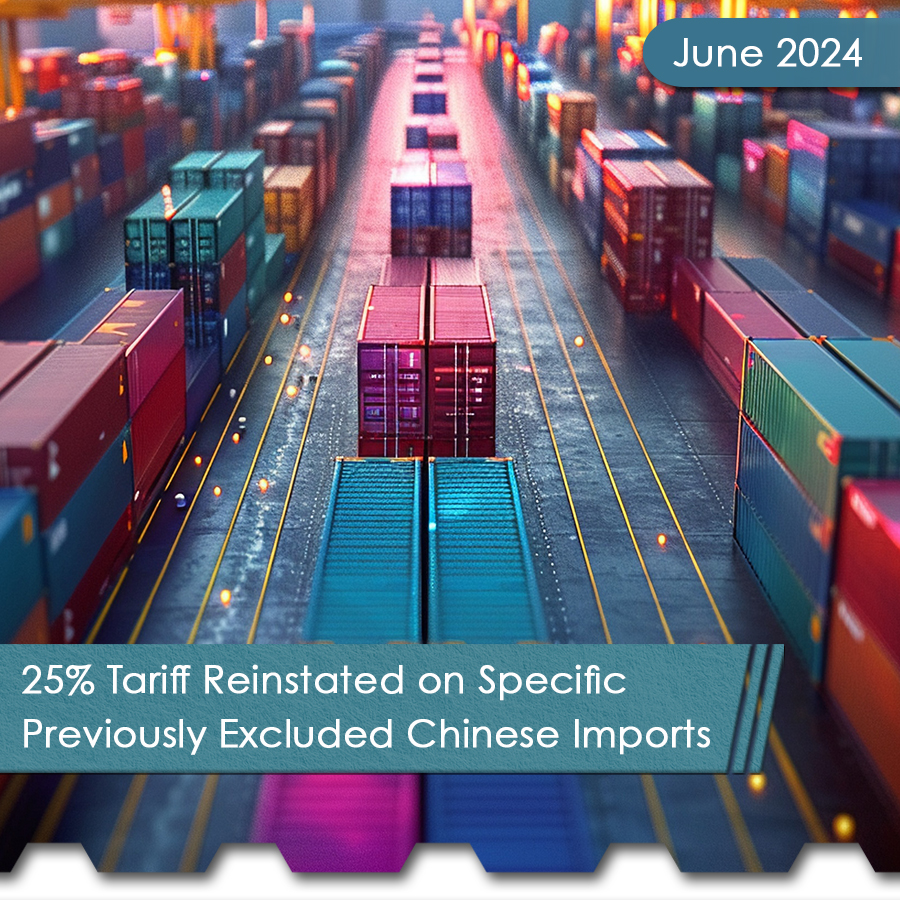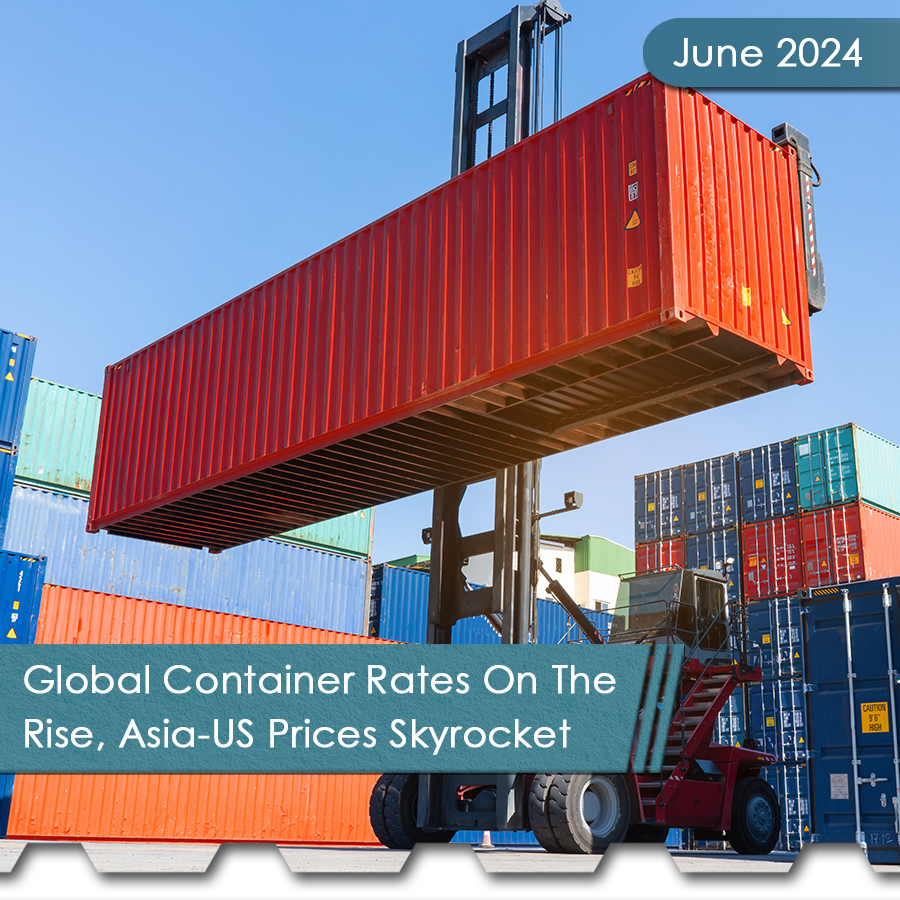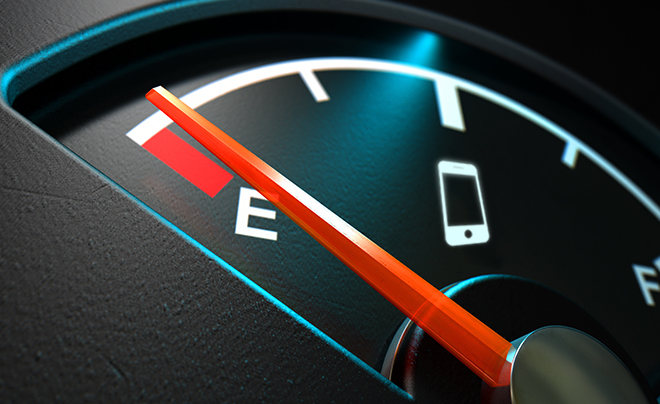
Everyone seems to cautiously agree that the economy is in better condition than it has been for nearly a decade, but the question of sustainability has as many answers as it has opinions. And the reasons for the modest growth are as disparate as the people giving them.
Isn’t it ironic that one of the driving forces of the economic upturn is the U.S. oil boom—the harvesting of the one resource that environmentalists fear the most? Nonetheless, it is difficult to argue against an industry that is injecting billions in revenues and annual job growth that exceeds 200,000 jobs a month into an economic system that was all but doomed less than ten years ago. But has this blooming economy improved the lives of the middle class and narrowed the gap between the oligarchy and the proletariat? Read on and see if you concur with the alleged experts.
The Price at the Pump May Do Little for the U.S. Economy
A Quartz article by Brian Browdie says that the decrease in gas prices doesn’t amount to bigger profits because Americans are driving less. However, the money that isn’t pumped into gas tanks can now be spent elsewhere. Then comes the question of whether the money saved at the pump is enough to compensate for the escalating cost of living.
Are iPhones and Oil Prices Championing Our Improving Economy?
Forbes reporter Mark Rogowsky appears to think so. According to the article, the average citizen is taking the money saved at the pump and racing to buy an Apple iPhone.
Rogowsky admits that the article is not the result of a scientific study, but falling gasoline prices have put upwards of $10 billion into the hands of consumers. Chief economist for the U.S. at JPMorgan Chase was recently quoted in another article as saying the iPhone sales have added as much as 1/3 of a point to the GDP. And it stands to reason that $10 billion can buy a lot of iPhones.
U.S. Economy—Best Growth in Nine Years
Market Watch reporter Jeffry Bartash joined the ranks of the economically optimistic when he said “the U.S. economy continues to chug along and it could soon register its longest and strongest period of expansion in nine years.”
Although most Americans remain pessimistic five years after the end of the Great Recession, it’s difficult to argue against statistics. The U.S. economy is indeed successfully chugging along despite the economic woes of the rest of the world.
Although the economy is enjoying a long awaited upturn, that does not mean the profits are falling into the hands of consumers.
Income Redistribution—Are Economists Ready?
Mark Thomas was brave enough to address this provocative question in an article recently published by the Fiscal Times. Apparently, the economists assessing the complex damages to the economy during the Great Recession were negligent to include macroeconomic research on fiscal policy. This means that the growing problem of inequality was not addressed, leaving the policymakers inadequate information to make informed fiscal policy decisions. According to Thomas, “The question of redistribution is coming, and we need to be ready when it does.”
Full Story

